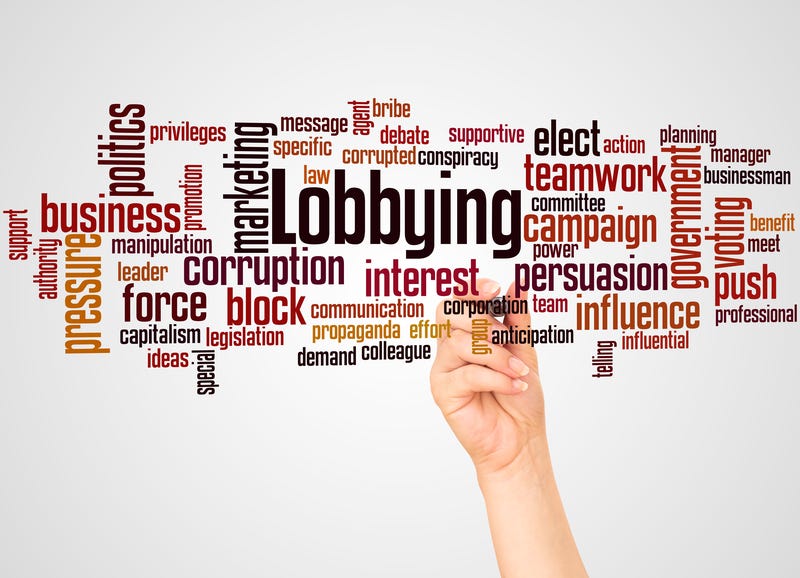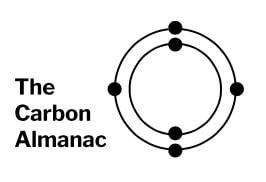
It wasn’t easy, and it was uncomfortably close. But late Wednesday evening, the gas industry’s effort to re-introduce fossil fuel heating in new homes and buildings in Vancouver was mercifully defeated.
Mobilizing to confront the climate emergency desperately requires forward momentum. Instead, thanks to the unrelenting persistence of the fossil gas industry, countless Vancouver-area climate activists and organizations just spent untold hours over the last four months re-prosecuting a fight they had already won.

Under Vancouver’s Climate Emergency Action Plan, new buildings in the city have not been permitted to use fossil fuels for space and water heating since early 2022, a nationally precedent-setting policy that was widely seen as a beacon of genuine climate emergency action. But, in a surprise move this past July, Mayor Ken Sim and some of his centre-right councillors moved to re-allow gas in new homes, giving staff until this fall to bring forward a new, more “gas-friendly” policy.
The local climate movement quickly organized. Understanding that the burning of so-called “natural” gas in buildings currently accounts for about 55 per cent of Vancouver’s local greenhouse gas emissions, and intent on defending this flagship climate policy, mobilization and letter-writing campaigns to city council were initiated by Stand.Earth, Dogwood, the Canadian Association of Physicians for the Environment (CAPE), student climate groups, For Our Kids, the David Suzuki Foundation, Women Transforming Cities and others.
Under the coordination of the Zero Emission Innovation Centre (ZEIC), green builders pushed back. A coalition of progressive businesses urged a rethink. The National Moderator of the United Church, Reverend Carmen Lansdowne, and Anglican Bishop John Stephens made a joint appeal to city councillors, imploring them not to take the city backwards.

Much of the more public lobbying has been done by industry front groups, such as Resource Works (an advocacy group for British Columbia’s extractive industries) and the BC Coalition for Affordable and Dependable Energy (BC CADE, a lobby association that has brought together gas suppliers, some in the restaurant industry, a few unions, and local business associations).
In the days before the Vancouver vote, BC CADE and the Greater Vancouver Board of Trade jointly released a poll purporting to show Vancouver residents opposed to a ban on natural gas. But it was based on a flawed question that conveniently failed to mention that the ban only applies to new buildings; it’s not particularly surprising that people don’t want to be forced to retrofit their existing homes.
Vancouver City Hall deliberates
This week’s Vancouver vote started with a presentation by the city’s own sustainability staff team, whose detailed report disputed assertions made by the mayor and the pro-gas councillors that re-allowing gas was needed to enhance affordability and speed up construction. The staff research found allowing gas back into new buildings would have “no meaningful impact on affordability,” and conversely, going all-electric now would spare homeowners costly retrofits down the road. Significantly, city staff warned that re-introducing gas would massively set back the city’s GHG reduction goals – increasing carbon pollution by the equivalent of adding 16,000 cars to the road.
142 speakers signed up to address council on this matter – so many that the deliberations had to extend into a second full day and evening.
In the end, the recommendation to re-allow gas was a 5-5 tie, which according to procedural rules means the proposal was defeated.
Lessons learned
So, what are we to learn from this four-month ordeal? On the positive side, we learned the climate movement is robust and will not take these rollbacks laying down.
Conservative city councillors learned a hard lesson that they will suffer a political price for seeking to take us backwards on this task of our lives, and if nothing else, when they reopen matters such as this they will have to endure hours of public speakers.
And, as we face the prospect of full-on climate deniers in national leadership in both the U.S. and Canada, this Vancouver experience offers a telling and hopeful reminder that it is possible to split the centre-right vote as we struggle to hold on to past climate wins.
The episode also drives home that the gas industry pushback is never going to stop, whether through their direct efforts or via the proxy use of front groups such as BC CADE and the Board of Trade. The fossil fuel industry will never take no for an answer, and will keep revisiting this matter with individual municipalities, until such time as the provincial or federal government takes everyone out of this misery and simply makes it the law of the land that new buildings cannot tie into gas lines. Then we can all get to work on the longer-term and harder task of phasing gas out of existing homes and buildings.
Read full article HERE.
This article was linked to a Post from the Daily Difference by The Carbon Almanac. Subscribe HERE

